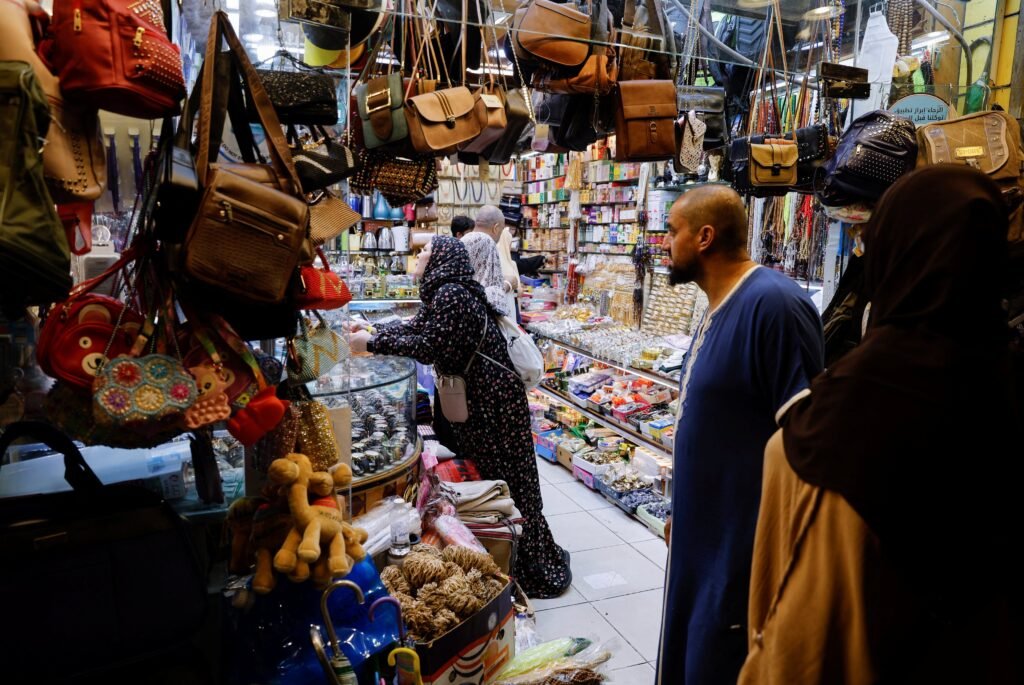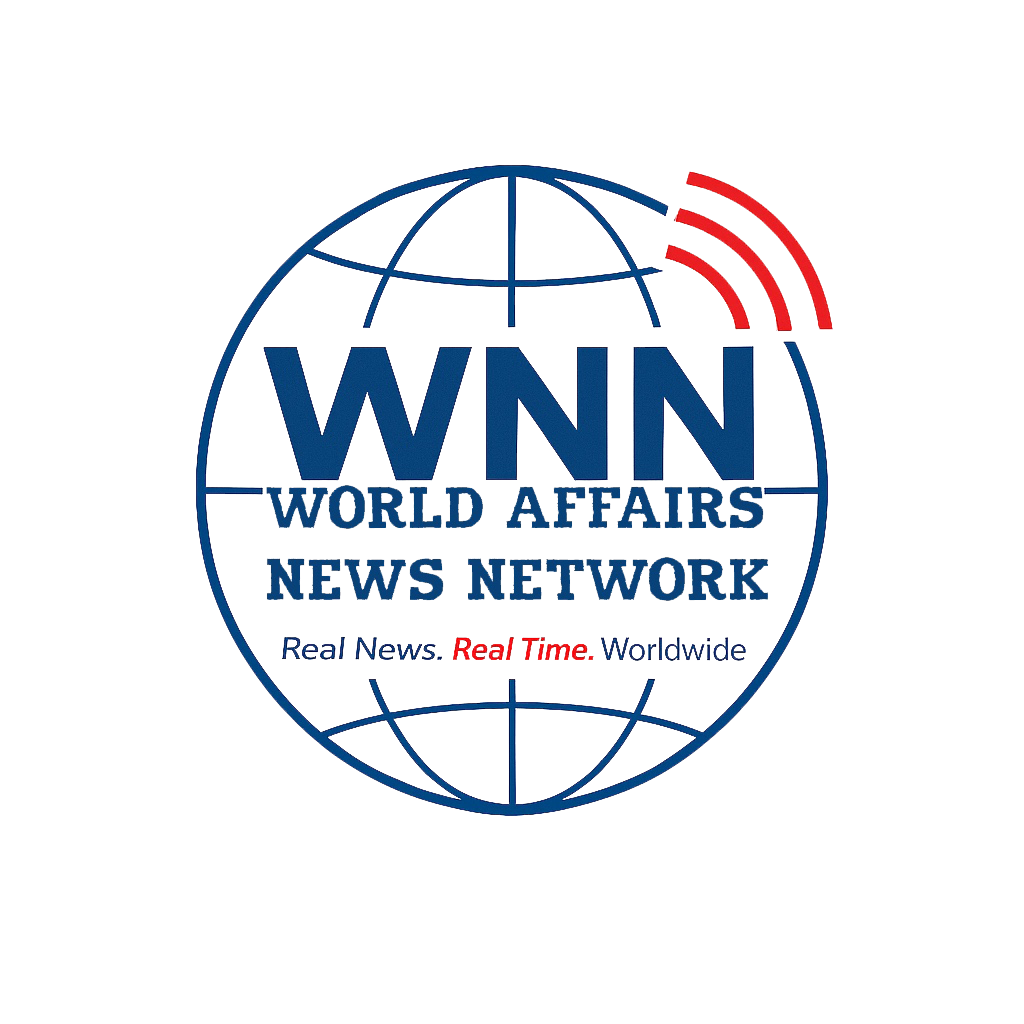RIYADH/ ABUDHABI: Saudi Arabia’s non-oil private sector registered stable growth in August, with business activity expanding at a slightly quicker pace than July, according to the Riyad Bank Saudi Arabia Purchasing Managers’ Index (PMI). The seasonally adjusted PMI rose to 56.4 in August from 56.3 in July, comfortably above the 50.0 threshold that signals growth.
“The slight increase signaled another month of steady expansion, supported by improving demand conditions, a rebound in output growth, and further gains in employment,” said Naif Al-Ghaith, Riyad Bank’s chief economist. He noted that while the pace of growth has moderated from early 2025 highs, the structural momentum remains firmly positive.
New orders accelerated, with the subindex rising to 60.1 from 59.7, driven by better domestic conditions and a rebound in export demand. Stronger marketing efforts and enhanced Gulf Cooperation Council (GCC) collaboration contributed to the fastest uptick in export orders in four months.

Employment continued to expand as companies hired to boost sales and launch new projects, though at a slightly slower pace than before. Inventories surged to a four-month high in response to rising demand. Meanwhile, companies raised selling prices for the third straight month, facing sharp increases in input costs linked to global inflationary pressures and higher purchasing expenses.
Business confidence also rebounded after slipping to a 12-month low in July, with firms reporting greater optimism for future output. Analysts highlight that the confidence boost was partly influenced by recent global geopolitical shifts.
Following the Shanghai Cooperation Organisation (SCO) summit in Tianjin, where Saudi Arabia’s observer role was reinforced, economists suggest Riyadh is positioning itself as a pivotal bridge between Eurasian and Gulf economies. The summit’s emphasis on multipolar trade and new financial mechanisms is expected to further enhance Saudi Arabia’s economic diversification drive, reducing reliance on hydrocarbons while deepening ties with China, India, and Russia.
For India, this presents a timely opportunity. New Delhi is already one of Saudi Arabia’s top trading partners, importing nearly 20% of its crude oil from the Kingdom. But as Riyadh diversifies beyond oil, new areas of cooperation are opening up. Indian IT firms, fintech innovators, and start-ups in healthtech and agritech are being courted by Saudi investors under Vision 2030. Joint ventures in renewable energy, digital infrastructure, and logistics are gaining momentum, while sovereign wealth funds such as the Public Investment Fund (PIF) are actively exploring Indian markets.
At the SCO platform, the visible synergy between India and Saudi Arabia underlines how economic diplomacy is becoming central to multipolarity. Analysts suggest that closer Riyadh–New Delhi coordination spanning energy security, technology partnerships, and investment flows could anchor a stronger South–South economic framework. For India, this not only secures long-term Gulf energy needs but also opens a gateway to influence wider Eurasian markets where Saudi Arabia is fast emerging as a key player.
In this light, Saudi Arabia’s non-oil PMI is not just a marker of steady growth but also a reflection of shifting global alignments. WNN analysis indicates that Riyadh’s integration into Eurasian supply chains backed by SCO cooperation and deeper India ties could provide long-term resilience to its Vision 2030 agenda while reinforcing India’s ambition to be the voice of the Global South.
-WNN
WATCH, LIKE and SUBSCRIBE CHANNEL FOR REGUALR GEOPOLITICAL UPDATES





















